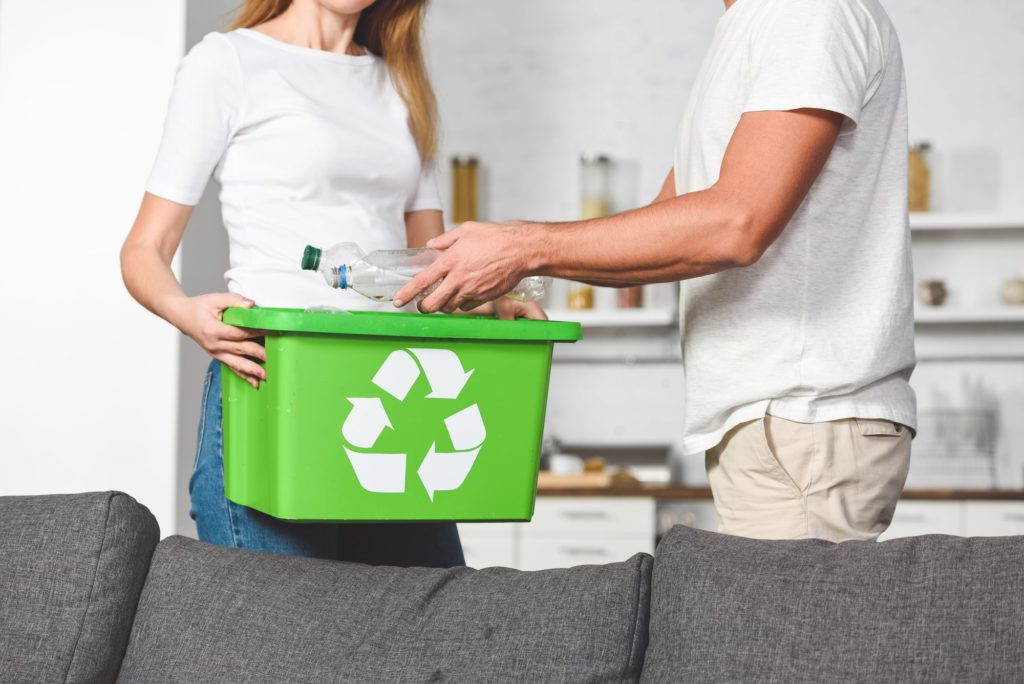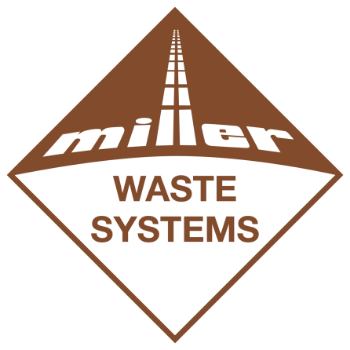When’s the last time you checked your local recycling guidelines? Chances are, you’re tossing things into those blue bins that’ll make trouble at the recycling facility. Here are some recycling no-no’s to watch for to keep you on top of your sorting game.

1. Paper with food stains. A tiny smear of butter should be fine, but too much grease from food waste can clog the recycling equipment. If your takeout box is full of melted cheese or soaked through with cooking oil, it’s best not to put it in the recycling bin.
2. Bottle caps. While most water and soda bottles are suitable for recycling, their lids are typically made with polypropylene, an unrecyclable plastic.
3. Aerosol cans. In theory, the metal in aerosol cans is recyclable, but don’t put these items in your recycling bag. The pressurized contents can damage the machinery at your recycling facility. Check your local waste management authority for appropriate disposal of aerosols.
4. Plastic bags. The plastic in single-use shopping bags can tangle in the gears of recycling machines. Rather than tossing them, bring them on your next shopping trip or leave them in your grocer’s collection bin. You can repurpose them for handcrafts.
5. Hardbound books. Those hard book covers are often fortified with more than just cardboard. Remove the book covers before recycling the pages.
6. Medical products. Unused medical materials are classified as biohazardous waste, including unused or expired prescriptions, needles and plastic syringes. For information about the appropriate disposal of these items, check with your doctor’s office or local pharmacy.
7. Waxed paper and cartons. Wax fibres don’t break down in the recycling process, so any packaging or household goods treated with a wax coating should stay out of your recycling bin.
8. Electronics. While some electronics can be refurbished or repurposed, they shouldn’t go into your recycling bin. Whether new or outdated, electronics contain components like batteries or cathode tubes that aren’t compatible with recycling processes.
9. Treated wood. Wood treated with chemicals may be toxic. Burning treated wood is prohibited in most places. But even when the wood is left to degrade naturally, the chemicals can pollute water supplies. Ask your local waste management agency for safe disposal guidance.
Recycling solutions in Manitoba, Ontario, New Brunswick and Nova Scotia
Miller Waste Systems offers a full array of waste diversion and recycling solutions in Nova Scotia, New Brunswick, Ontario and Manitoba. Whether it’s municipal curbside pickup, institutional waste management or residential bin rentals, we can help. Contact us today to discuss your waste management needs.
